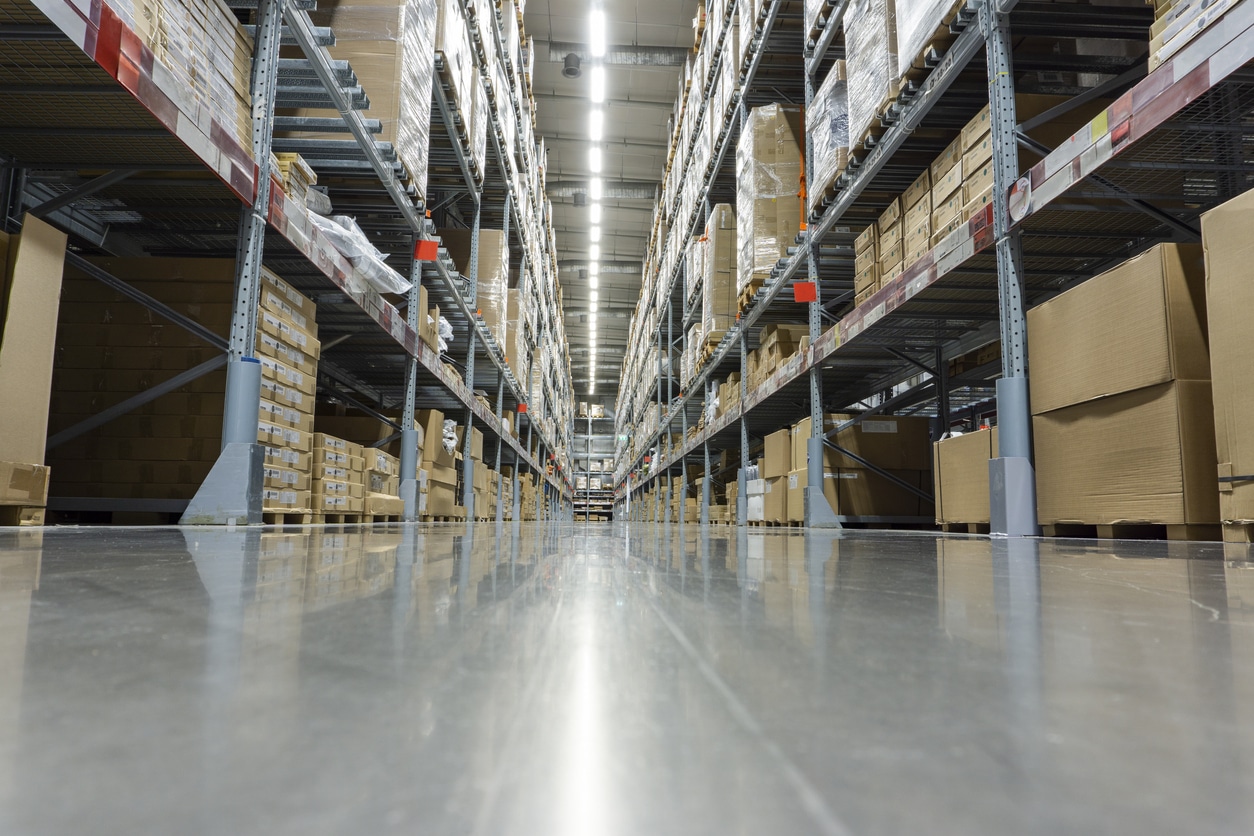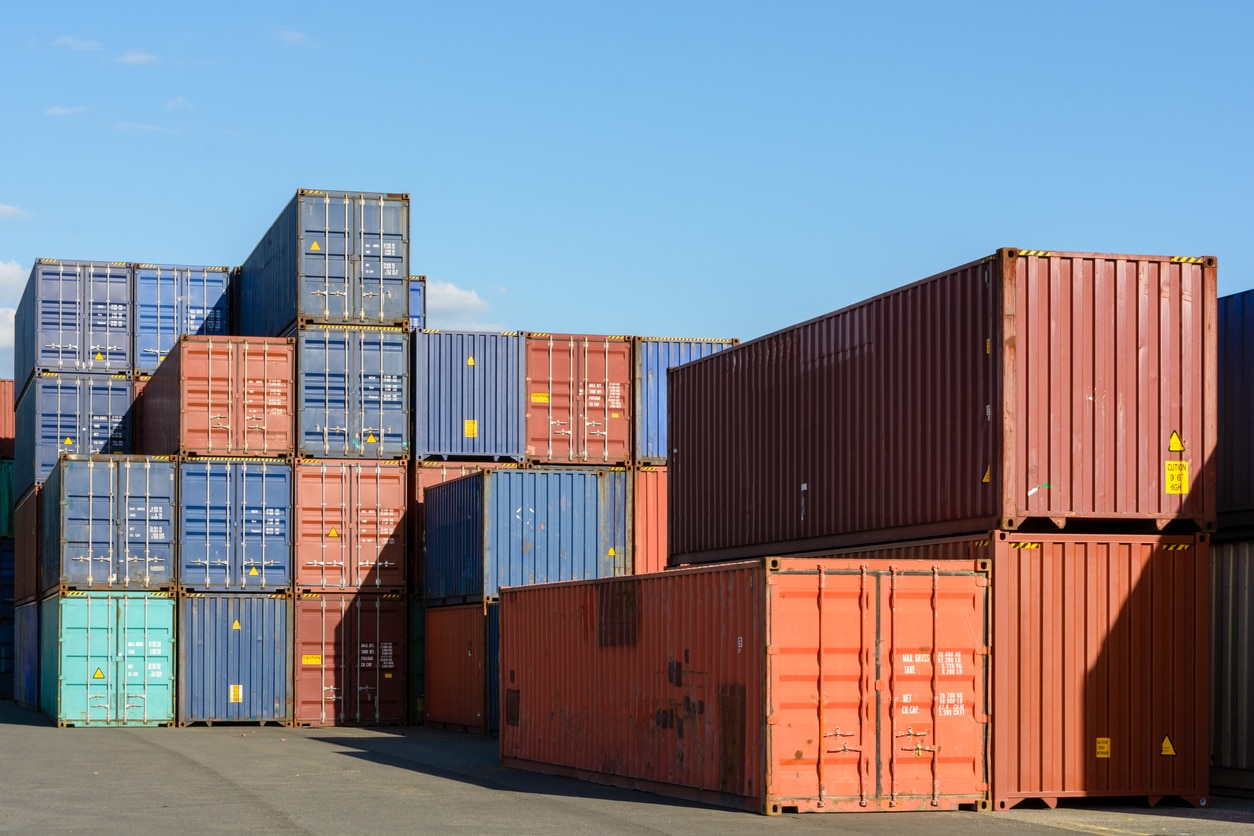Amazon Sellers Rushing to Avoid Duties with Bonded Warehouses
Importers facing up to 245% duties on goods arriving from China seemingly are faced with two options: pay the tariffs or abandon the orders.
However, many sellers and importers are opting for a third option: delay paying the duties in hopes a trade deal is struck at some point with China and duties go down.
In order to delay paying duties, importers can opt to store their goods in bonded warehouses in the U.S. — a type of warehouse that allows the importer to delay paying duty for up to 3 years.
Bonded Warehouses Have 5-Year Limits
In the United States, bonded warehouses have existed since the 19th century. A bonded warehouse is a facility regulated by U.S. Customs and Border Protection (CBP) where imported goods can be stored for up to five years without the importer having to pay duties, taxes, or tariffs immediately.

Demand for bonded warehouse space has increased up to 600% for some.
These warehouses operate under a customs bond—a financial guarantee that ensures the importer will eventually pay the required duties or properly export the goods. U.S. Customs supervises these facilities, and they are commonly used by businesses that import goods for later export, helping them avoid unnecessary duty payments. However, they can also be used to defer duty payments.
Importers can use these warehouses not just for storage, but also for activities like cleaning, sorting, repackaging, or assembling goods, all under customs supervision. However, under the current political climate, bonded warehouses are being used to delay paying duties in the hopes that eventually the duties are reduced.
Inquiries Up 600% for Some Bonded Warehouses
Flexe, a company that helps about 1,000 warehouse owners rent space to companies requiring short-term storage, reports that inquiries for bonded warehouses are up 600% this year.
“We’re just seeing extraordinary demand for it,” said Flexe co-founder Karl Siebrecht.
Unfortunately, Siebrecht also mentions that bonded warehouse space is often up to 60% more expensive than non-bonded space.
Siebrecht's experience isn't unique. Accem Warehouse in New Jersey stated that all of their 220,000 sqft of bonded warehouse space was filled shortly after the first round of tariffs was announced earlier in the year.
Some Routing Shipments to Canada
As bonded warehouse space becomes more limited, some importers are turning to other alternatives. Two of those alternatives are simply delaying shipments from China or rejecting them altogether; a third option, though, is to route the shipments to a third country such as Canada.

Some importers are rejecting or delaying shipments from China altogether.
Goods arriving from China into the United States are typically in bond to begin with and can be moved to a third country without incurring any U.S. duties.
The goods can then either be placed into a bonded warehouse in Canada or simply incur Canadian duties, which are often low. The goods can then be routed back to the U.S. if tariffs are reduced.
Conclusion
Unfortunately for importers, the summary of events is uncertainty. In some ways, certainty that tariffs would in fact stay at over 100% would make decision-making easier. However, until that certainty comes, importers are likely to have to find creative solutions to overcome their importing woes.



